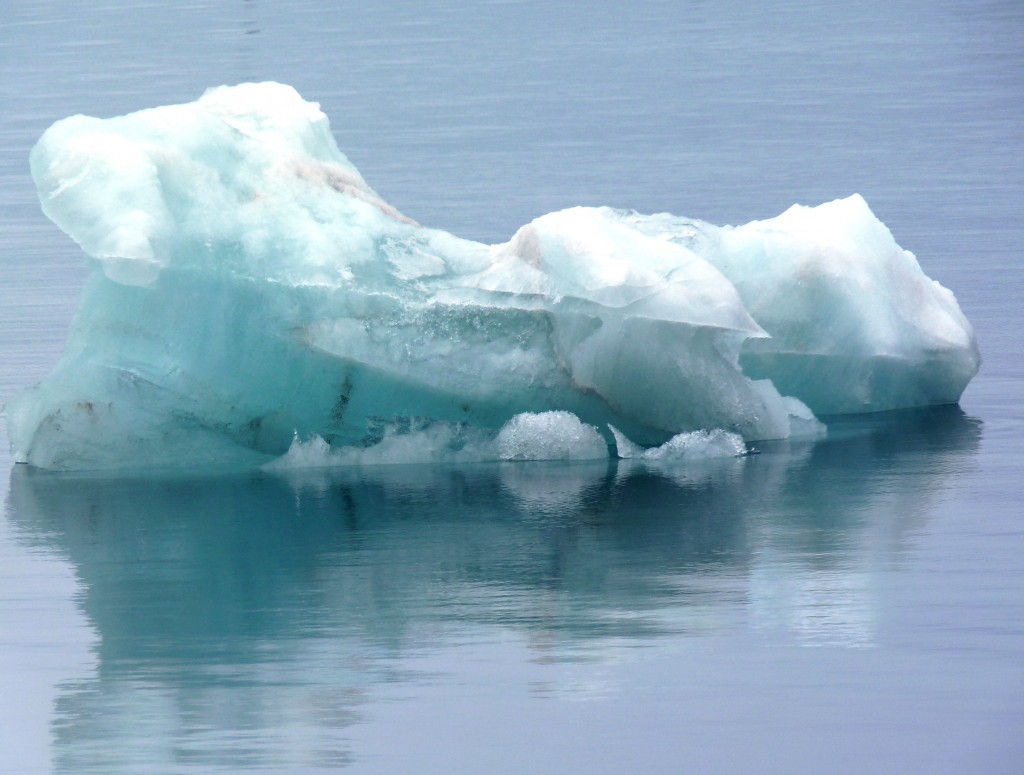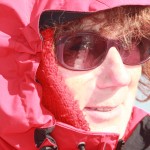Arctic Council disappoints Greenpeace,WWF
Environment ngos have expressed disappointment at the outcome of the Arctic Council meeting in Kiruna on May 15th. Too little action and too slow, seems to be the consensus.
Alexander Shestakov, Director of WWF’s Global Arctic Programme said: “We are disappointed that the Council is not moving faster to address such urgent issues as preventing oil spills, and reducing the impacts of regional and global climate change.” Shestakov says the issues have been placed on the “back burner” for two years, and “the pace of change in the Arctic does not allow for a two year time-out.”
Greenpeace International senior policy advisor Ruth Davis said: “Throughout this meeting, the evidence from scientists and Indigenous Peoples has highlighted the devastating impacts of our fossil fuel addiction on the Arctic. Yet the Council seems in the thrall of business interests wishing to extract more oil and gas, whatever the costs to local people, wildlife and the future health of the planet”.
- Endangered species
Oil spill response
An oil spill response agreement was officially signed at the Kiruna meeting. WWF has official observer status and was involved in drafting the agreement. The organisation says it “will be watching to ensure that the agreement is effectively implemented”.
Greenpeace (whose request for observer status was turned down at the meeting) is highly critical of the “Cooperation on Marine Oil Pollution Preparedness and Response in the Arctic Agreement”, signed in Kiruna. Greenpeace says “it includes no specific practical minimum standards that governments must adhere to, and has no provisions to hold companies liable for the full costs and damages of a spill should one occur”. Greenpeace had leaked the draft document back in February, saying it was “disappointingly weak”.
Black carbon
The other key issue environmentalists would like to have seen progress on is black carbon or soot. WWF says Russia blocked negotiations on an agreement to tackle black carbon, which is produced by burning diesel and other fuels and is blamed for increasing the melting of Arctic ice and snow.
Greenpeace sees a wide gap between the “firm recommendations from its (Arctic Council’s) own scientists based on the Council-commissioned reports on ocean acidification and the impact of climate change on biodiversity”, and the “lack of any meaningful action”. That gap between evidence and recommendations from scientists and real political action, it seems to me, becomes even clearer looking at the wider cause of climate change in the Arctic and around the globe – human-made emissions of greenhouse gases. Without rapid action from the main emitters (one is a member of the Arctic Council, another has just been given observer status), it seems more than likely the Arctic as we know it will not exist for much longer. As I have written here before – “you can’t have your ice and melt it“. Can you?
















